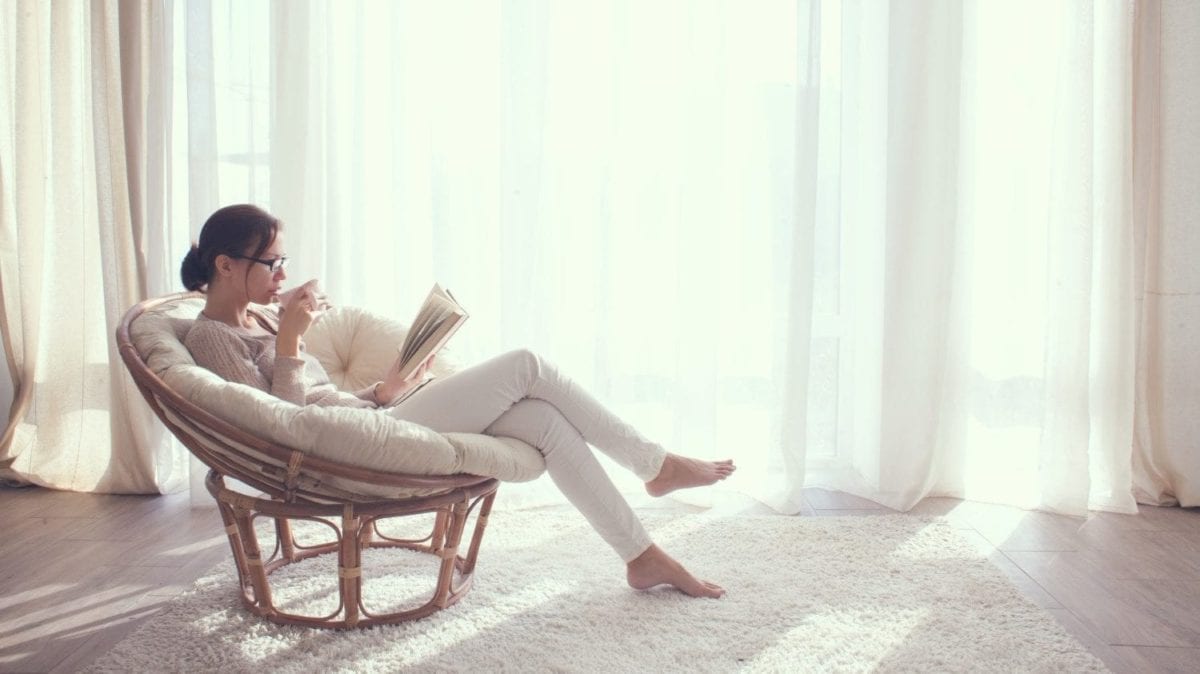Why wasting time could actually make you more productive

Most of us know the feeling. All you want is to relax—watch TV, go for a walk, take a nap—but that nagging voice in the back of your head tells you that you shouldn’t be wasting time on such things. After all, these tasks seemingly accomplish nothing. Or do they? It turns out stepping away from our responsibilities to “waste time” is not only fulfilling—but also productive.
Take this next story for example. Merlin Mann, the creator of “Inbox Zero,” was working on a book about his email system (responding to or deleting emails until you’re at zero, then moving on with life and stop checking for a bit). Two years later, however, Mann abandoned the project and instead wrote a blog post about how he had spent so much time focusing on how to manage time that he ended up missing moments with his daughter.
Sound familiar? We often spend so much time trying to be productive and avoiding breaks that it can in turn make us miss out on life and actually be more unproductive. After a few hours of working at my computer, I know I should get up, go for a short walk, something. Instead, I scroll through Facebook, looking for a distraction—a little “mental break.” That counts as a break, right? Not quite.
“People eat at the desk and get food on the computer—it’s disgusting. They should go for a walk, to the coffee shop, just get away,” Michael Guttridge, a psychologist who focuses on workplace behavior, told Quartz. “Even Victorian factories had some kind of rest breaks.”
[arve url=”https://giphy.com/embed/7Y66VN3rtkPtu” /]
Somehow still not ready to tell yourself you deserve a break? Alex Soojung-Kim Pang, author of “Rest: Why You Get More Done When You Work Less,” writes in Nautilus that some pretty creative figures in our history (Charles Dickens, Henri Poincaré and Ingmar Bergman) organized “their lives around their work, but not their days.”
“Can a generation raised to believe that 80-hour workweeks are necessary for success learn something from the lives of the people who laid the foundations of chaos theory and topology or wrote Great Expectations?” he writes. “I think we can. If some of history’s greatest figures didn’t put in immensely long hours, maybe the key to unlocking the secret of their creativity lies in understanding not just how they labored but how they rested, and how the two relate.”
If you’re still convinced you’re just too busy for some “me time,” listen to science. A study in the journal Cognition finds that even brief diversions from a task can improve your ability to focus on that same task. And no, the brief diversion does not mean scroll aimlessly on social media or eat at your desk. Get up, walk around a bit, leave your computer.
I am just as guilty as anyone else reading this and nodding their head, but it really is so simple that it’s hard to find an excuse to not take that little break and just, well, do nothing. In fact, I am off to do just that.
Happy relaxing!





